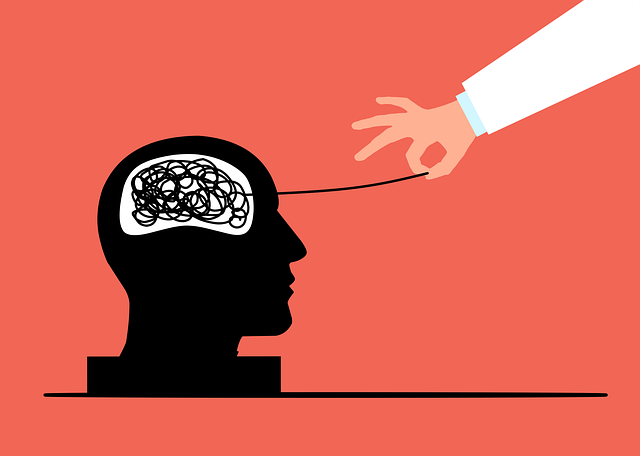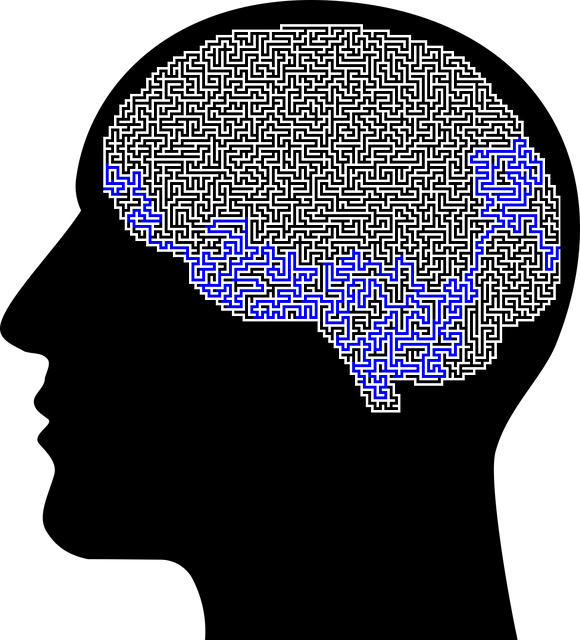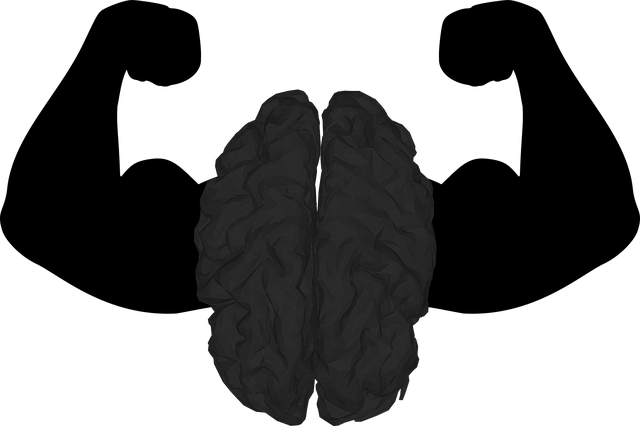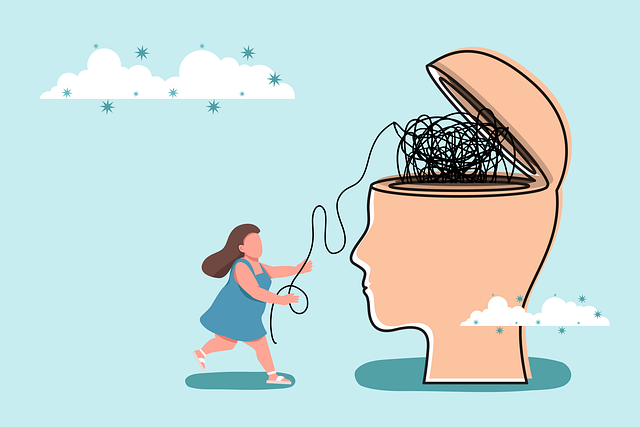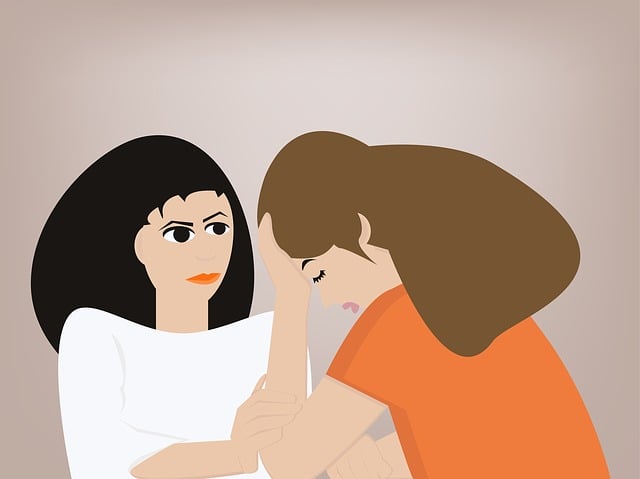In today's world, mental health education is crucial for overall well-being, with targeted initiatives like Lone Tree Sexual Abuse Survivor Therapy demonstrating effective interventions for rising issues like anxiety, depression, and trauma. Integrating mental health discourse through media reaches wider audiences. Designing an inclusive program for sexual abuse survivors requires a balance of safety, empathy, and empowerment using evidence-based practices, healthcare advocacy, and burnout prevention. Key components include conflict resolution, stress management, and supportive environments fostering personal growth and holistic healing. Measuring success involves quantitative and qualitative evaluations, showing improvements in resilience and symptom reduction, along with participant testimonials, ensuring continuous program enhancement.
Mental health education programs play a pivotal role in fostering well-being and resilience, especially for vulnerable populations like sexual abuse survivors. This article explores the intricate process of designing comprehensive programs tailored to address the unique challenges faced by Lone Tree sexual abuse survivors. We delve into essential components, from understanding the need for specialized therapy to creating safe spaces and implementing effective measurement strategies. By focusing on these key areas, we aim to enhance the overall effectiveness of survivor therapy and support their journey towards healing.
- Understanding the Need for Mental Health Education
- Designing a Program Tailored to Survivors of Sexual Abuse
- Essential Components of an Effective Therapy Program
- Creating a Safe and Supportive Learning Environment
- Measuring Success and Continuous Improvement
Understanding the Need for Mental Health Education

In today’s fast-paced world, mental health education is no longer a niche concern but a crucial aspect of overall well-being. The need for comprehensive programs that address mental wellness has become increasingly apparent, especially in light of rising rates of anxiety, depression, and trauma-related issues. Initiatives like Lone Tree Sexual Abuse Survivor Therapy demonstrate the profound impact of targeted interventions, highlighting the importance of early detection and support services.
The integration of mental health education into mainstream discourse is essential for fostering resilient communities. Programs that go beyond mere awareness campaigns must offer practical strategies for managing stress, coping with adversity, and preventing conditions like depression. Mentoring individuals to recognize signs of distress and providing them with tools for self-care can significantly enhance their ability to navigate life’s challenges. Furthermore, leveraging resources such as Mental Wellness Podcast Series Production can amplify these educational efforts, reaching wider audiences through engaging media formats.
Designing a Program Tailored to Survivors of Sexual Abuse

Designing a mental health education program focused on survivors of sexual abuse requires a nuanced approach that acknowledges the unique trauma faced by this population. Programs tailored to Lone Tree Sexual Abuse Survivor Therapy should prioritize safety, empathy, and empowerment. Incorporating evidence-based practices such as trauma-informed care, cognitive behavioral therapy, and group support can help individuals process their experiences, build resilience, and promote emotional well-being.
Beyond direct therapeutic interventions, incorporating components of Mental Health Policy Analysis and Advocacy into the program empowers survivors to understand their rights and advocate for systemic change. By equipping them with knowledge about relevant policies and resources, survivors can navigate complex systems more effectively, ensuring access to quality care and support. Additionally, integrating Burnout Prevention Strategies for Healthcare Providers is essential to foster a supportive environment where survivors feel heard and respected while receiving treatment.
Essential Components of an Effective Therapy Program

An effective therapy program designed to support Lone Tree Sexual Abuse Survivor Therapy must incorporate several key components. Firstly, Conflict Resolution Techniques are vital to help individuals process and navigate traumatic experiences, fostering healthy coping mechanisms and promoting personal growth. Through structured strategies, survivors can learn to transform negative conflicts into opportunities for healing and understanding.
Secondly, incorporating Stress Management and Stress Reduction Methods is essential for the holistic well-being of participants. Given the profound impact of trauma on mental health, teaching stress reduction techniques like mindfulness, breathing exercises, and progressive muscle relaxation empowers survivors with tools to mitigate anxiety and promote resilience. These methods create a sense of calm and control, enhancing their ability to cope with challenging emotions resulting from their experiences.
Creating a Safe and Supportive Learning Environment

Creating a safe space is paramount when designing mental health education programs, especially for survivors of sexual abuse like those who might turn to Lone Tree Sexual Abuse Survivor Therapy. This environment should foster open dialogue and encourage participants to share their experiences without fear of judgment or repercussions. Incorporating trauma-informed practices ensures every individual feels seen, heard, and respected, fostering a sense of belonging.
The learning atmosphere can significantly impact the program’s effectiveness in promoting mental wellness. Supportive teaching methods, such as group discussions facilitated by trained professionals, offer a sense of community and encourage peer support. Additionally, integrating confidence-boosting activities and Trauma Support Services within this framework can empower participants to navigate their mental health journeys with resilience. For instance, Mental Wellness Journaling Exercises can be a powerful tool for individuals to process emotions, track progress, and cultivate self-awareness, all while receiving guidance from experts in the field.
Measuring Success and Continuous Improvement

Measuring the success of a mental health education program is paramount to ensure it meets its intended goals and positively impacts participants’ well-being. This process involves utilizing diverse evaluation methods to capture the program’s effectiveness. Quantitative data, such as surveys and statistical analyses, can provide insights into changes in participant attitudes and behaviors. For instance, tracking improvements in resilience building or reductions in symptoms associated with trauma, like those experienced by Lone Tree Sexual Abuse Survivor Therapy clients, offers tangible evidence of the program’s success.
Qualitative feedback is equally vital, offering deeper understandings through individual stories and experiences. Participants’ testimonials about their emotional healing processes and enhanced communication strategies can serve as powerful indicators of the program’s value. By combining these approaches, mental health education programs can continuously improve, tailoring their methods to better address the unique needs of diverse populations.
Mental health education programs, particularly those designed for survivors of sexual abuse like those in Lone Tree communities, must be comprehensive, empathetic, and evidence-based. By integrating tailored components such as trauma-informed care, safe learning environments, and continuous improvement through measurement, we can empower individuals to heal and thrive. Investing in these programs is not just beneficial; it’s essential for fostering resilience and well-being among all members of our society.
